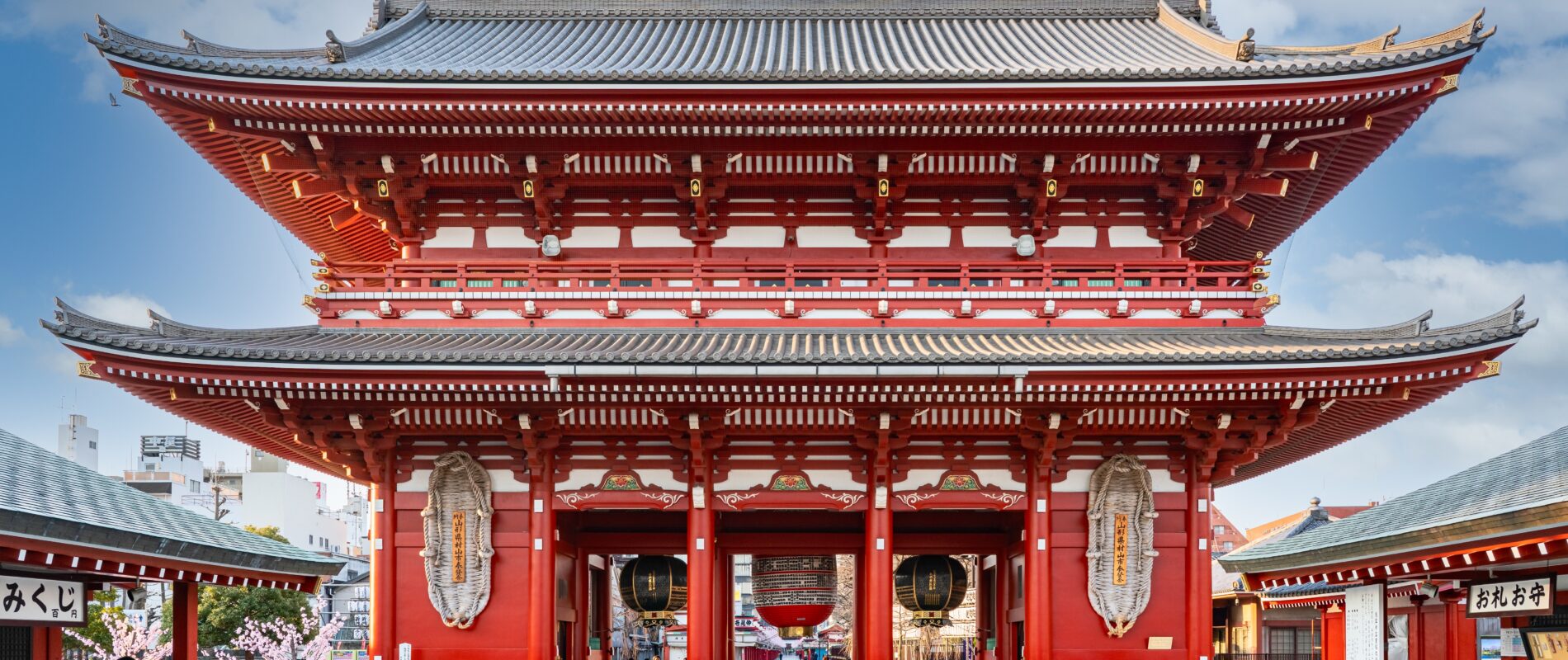Have you been granted a Working Holiday Visa to Japan?
Here’s a checklist that focuses on what you’ll need to have in hand on the day of your departure.
As soon as your WHV is approved, make sure you do all the things on
this list first!
1. Plane ticket
This is an obvious one, but make sure you have your flight booking. Usually airlines will allow you to check in online 24 hours before the scheduled departure time. Once you’ve done so, bookmark or screenshot your digital boarding pass on your smartphone for easy access. You don’t have to print it out, but you’re certainly welcome to do so if you prefer.
If you have problems checking in online, don’t worry – you can always do so at the airport directly.
2. Passport and visa
You won’t be flying anywhere without your passport, so definitely make sure you don’t leave home without it! Your WHV should already be adhered to one of the pages.
Your passport should be signed and valid for the full duration of your planned stay abroad. If there is a page reserved for your home address in case of loss, consider filling that out as well.
3. Travel medical insurance
Private travel medical insurance is highly recommended for the Japan WHV. This is because Japanese social security (which all WHVers in Japan must register for) does not cover medical repatriation, and it only reimburses up to 70% of the cost of care. Having travel medical insurance, such as Globe WHV, acts as a secondary insurance for the remaining 30%.
We’ve been recommending
Globe WHV insurance since 2005. They’ve already covered thousands of working holiday makers, in Japan and elsewhere.
4. QR code from Visit Japan Web
Before boarding your flight, you have the option of filling out the immigration form ahead of time at Visit Japan Web. You will get a QR code that you can show to immigration authorities upon landing, which will save you some time.
If you skip this step, you can simply fill out a paper form once you arrive.
5. Confirmation of temporary housing
If you’ve booked temporary accommodation for your first few nights or weeks of arrival, make sure to have that saved or bookmarked too. That way as soon as you land in Japan, you know the address that you’ll need to go for check in.
Share houses are a popular and easy housing option for WHVers in Japan. If you are interested in living in one,
Oakhouse is offering pvtistes.net readers
¥10,000 off!
6. Bank cards and cash
Remember to bring your bank cards from home because it will take you some time to open an account at a Japanese bank. Your home bank might charge up to 3% international transaction fee for purchases abroad, so read the policy in detail.
As for cash, you can bring some JPY and/or your home currency as a back up, but don’t bring too much because it is relatively easy to withdraw cash from ATMs in Japan, even with an international bank card.
Wise is offering pvtistes.net members a free first international money transfer of up to £3,000 or the equivalent. Your
Wise account will allow you to easily send, receive, and pay in JPY and many other currencies.












 Français
Français English
English




0 comments
{{like.username}}
Loading...
Load more